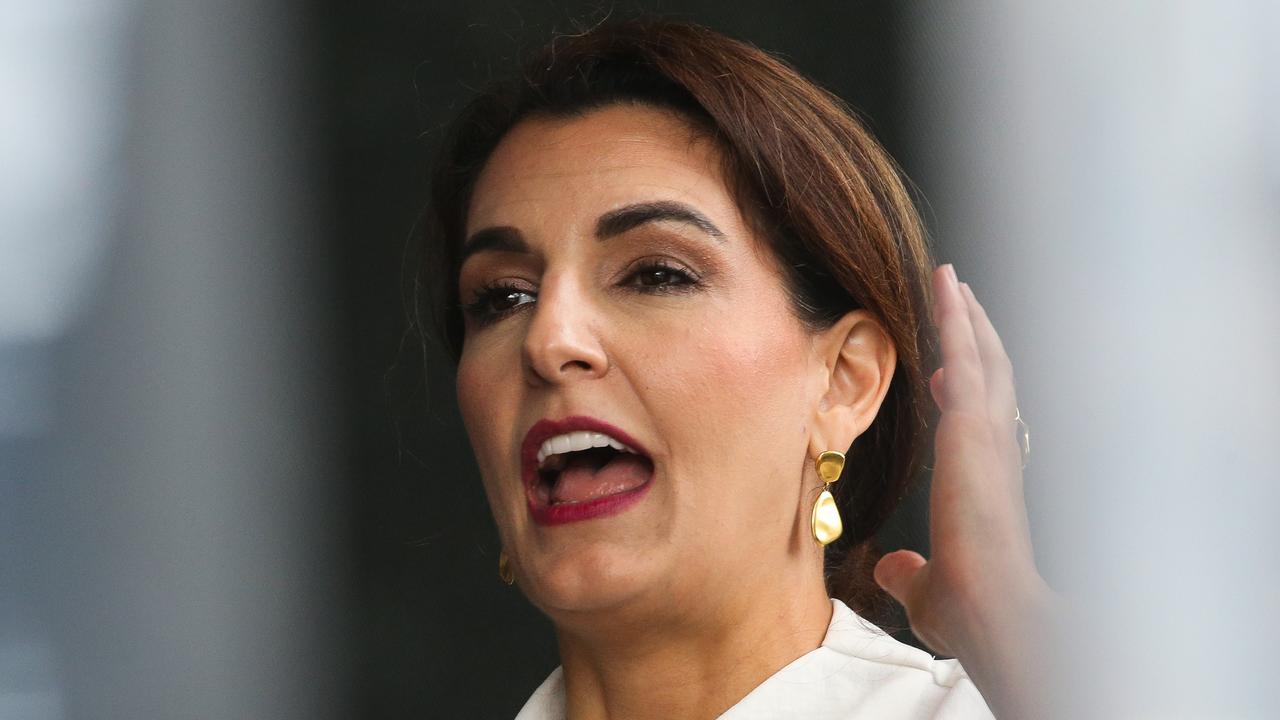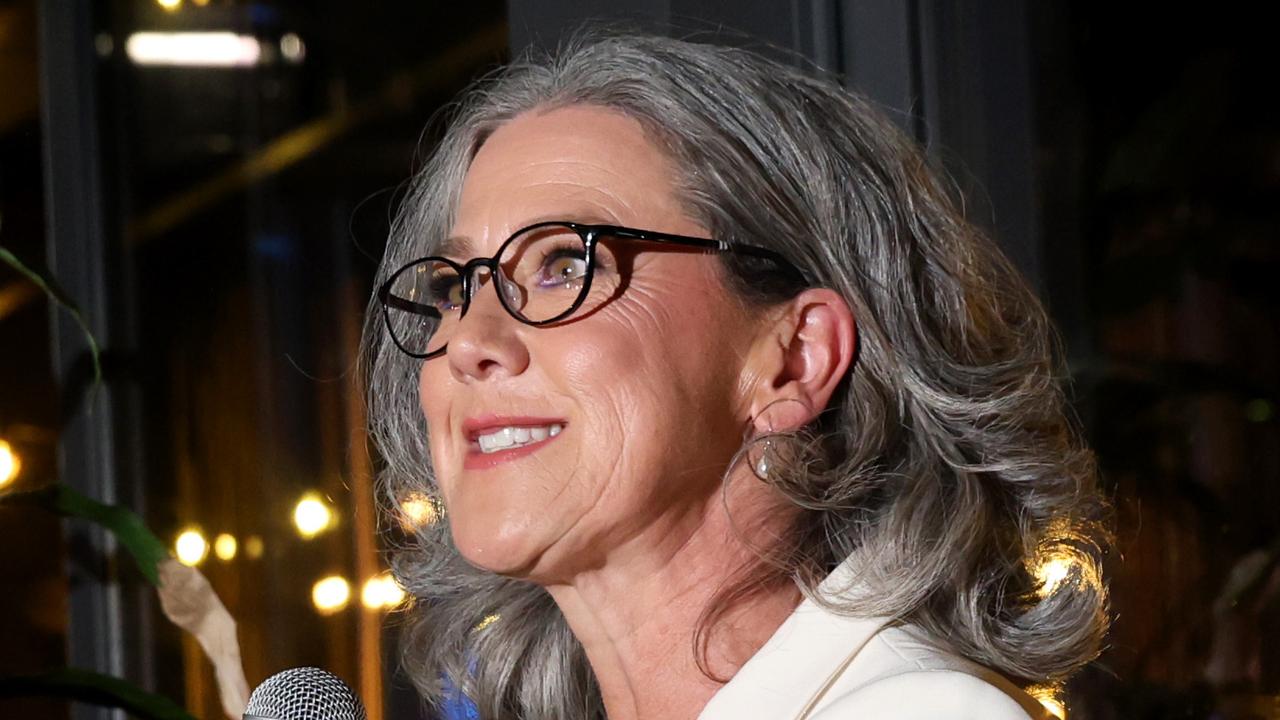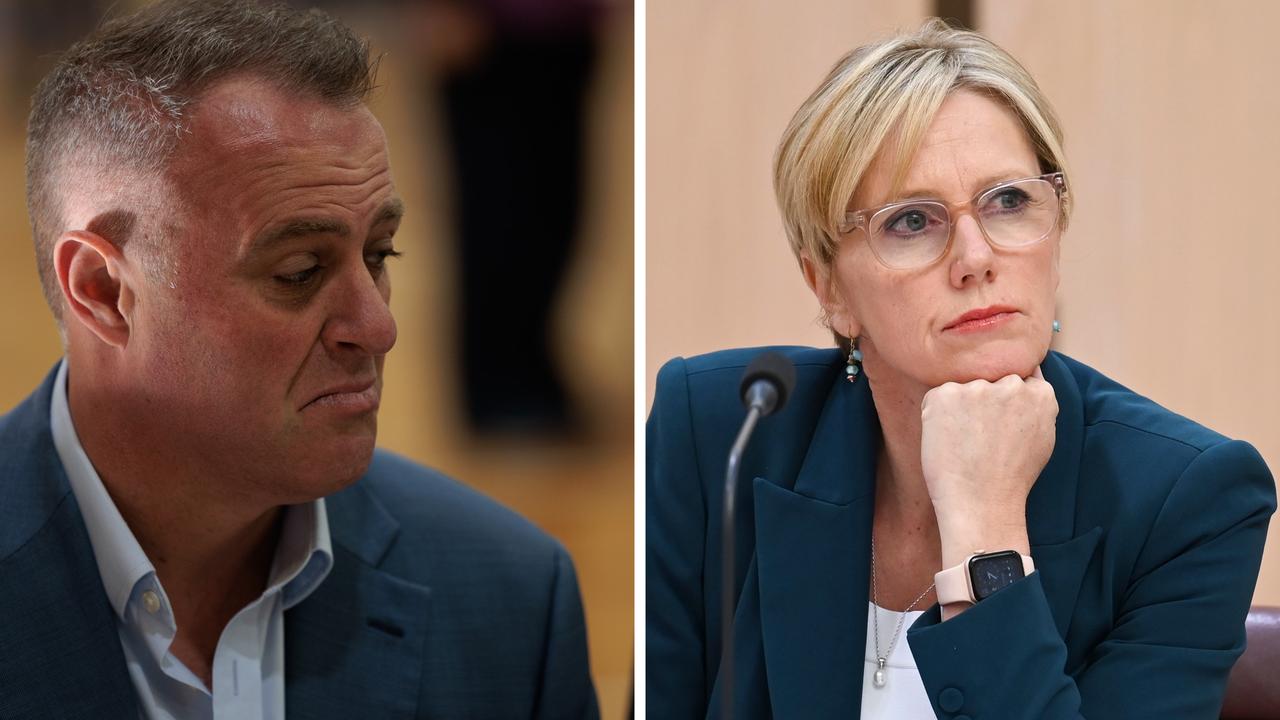Scott Morrison lands lowest blow of leaders’ debate with China ‘slur’
The Prime Minister waited until moments before the end of the leaders debate to unleash an “outrageous slur” that left his opponent incensed.
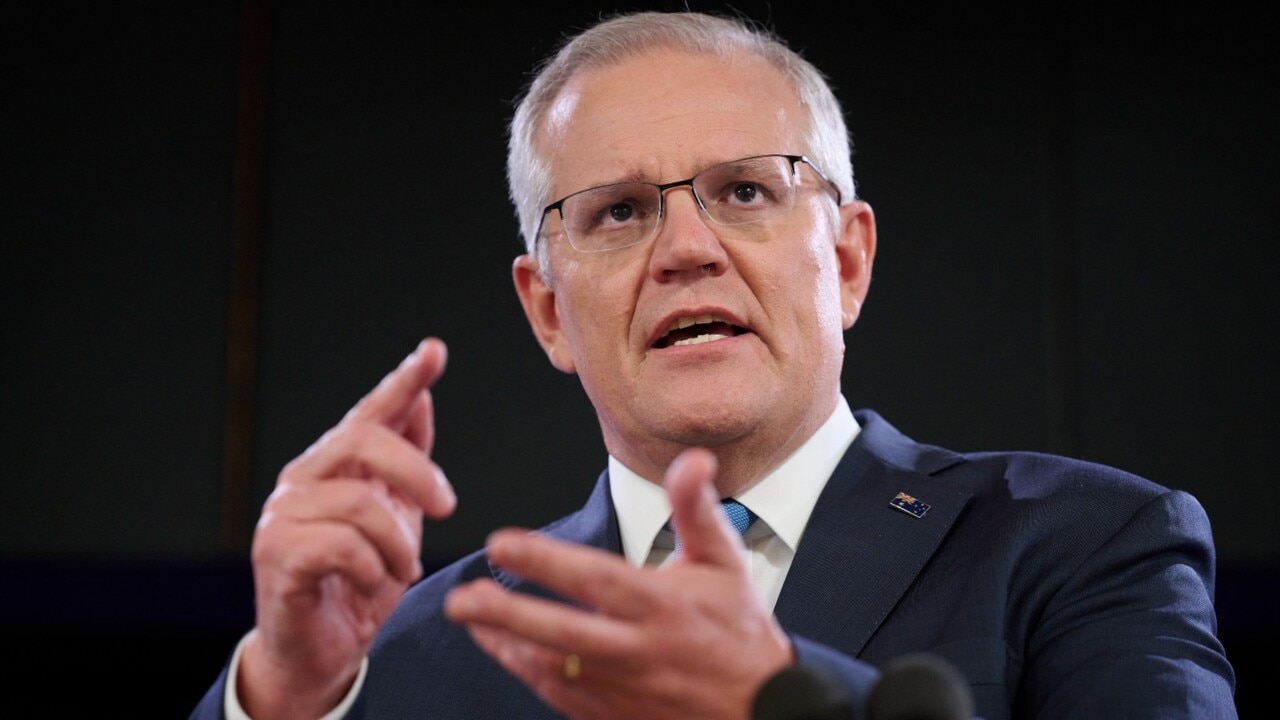
Australian political debates are much like Test cricket: you generally have to wait a long, long time for anything spicy to happen.
So it was with Wednesday night’s debate between Scott Morrison and Anthony Albanese. There were a few minor skirmishes, most notably when the Prime Minister cornered the Labor leader over his record on asylum seeker boat turnbacks. But the only major blow-up happened minutes before the end, when Mr Morrison essentially accused Labor of disloyalty to Australia.
The exchange in question concerned a security pact the Solomon Islands signed with China, which Labor has described as Australia’s “worst foreign policy failure in the Pacific” since the end of World War II.
The Prime Minister suggested his opponent should be criticising China instead of him. But in the process, he unleashed something of a low blow.
“It’s odd the Labor Party wouldn’t say China is interfering. Somehow they’re saying it’s Australia’s fault,” Mr Morrison said.
“What I don’t understand is, when something of this significance takes place, why would you take China’s side?”
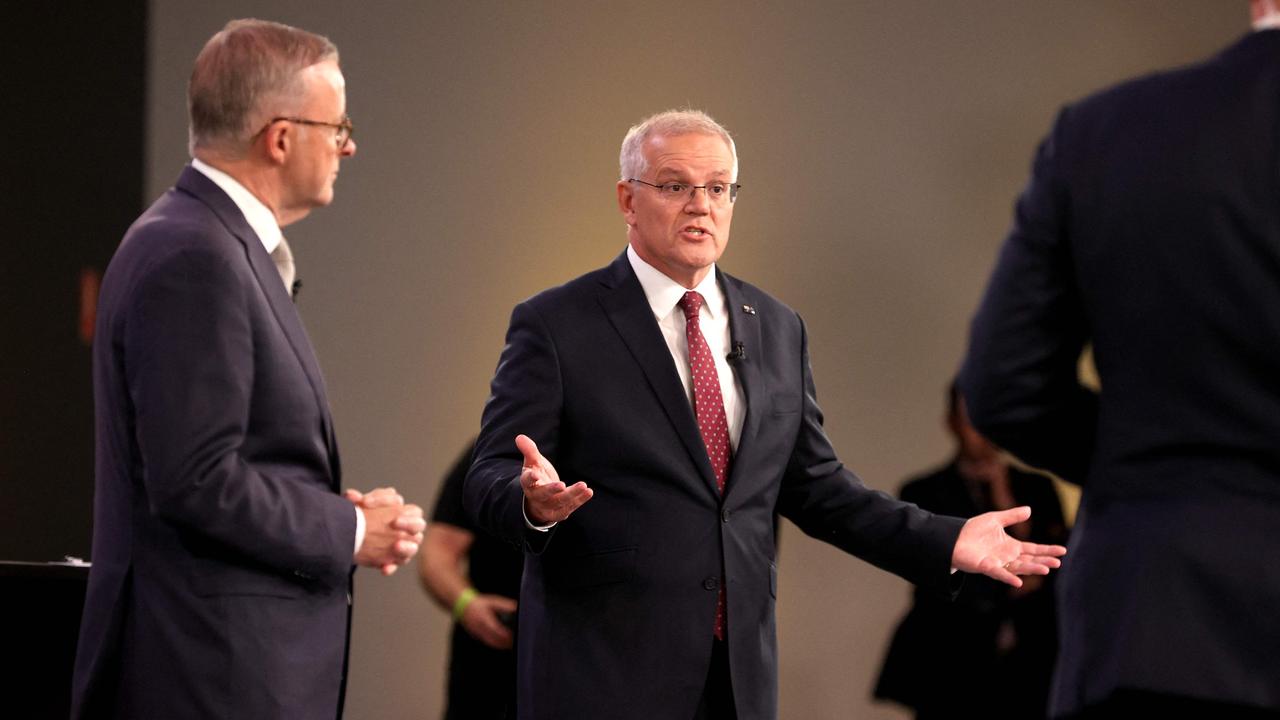
There were a few audible groans in the room — the only time that happened all night. The undecided voters in the audience seemed to realise how serious an accusation it was.
(The only other reaction of note in the room throughout the debate came during the aforementioned back-and-forth on boat turnbacks. A couple of audience members laughed when Mr Albanese wilted under the Prime Minister’s interrogation of his record.)
“That is an outrageous slur from the Prime Minister. National security issues shouldn’t be subjected to that kind of slur,” Mr Albanese fumed.
The Labor leader’s argument was that the government had been complacent. He criticised Mr Morrison for sending Zed Seselja, Minister for International Development and the Pacific, to the Solomon Islands to convince them to nix the pact, instead of Foreign Minister Marise Payne.
Obviously, that attempt did not work.
“They should have sent the Foreign Minister. Instead they sent the junior along,” Mr Albanese said, again calling it a “foreign policy failure”.
“They’ve known about this since last October.”
He also cited comments from former Liberal foreign minister Julie Bishop, who told Channel 10 she believed Ms Payne “should be on the next plane to the Solomon Islands to determine what exactly the pact entails and how it impacts “Australia’s security interests”.
I’ll leave you to decide whether any of that qualifies as “taking China’s side”.
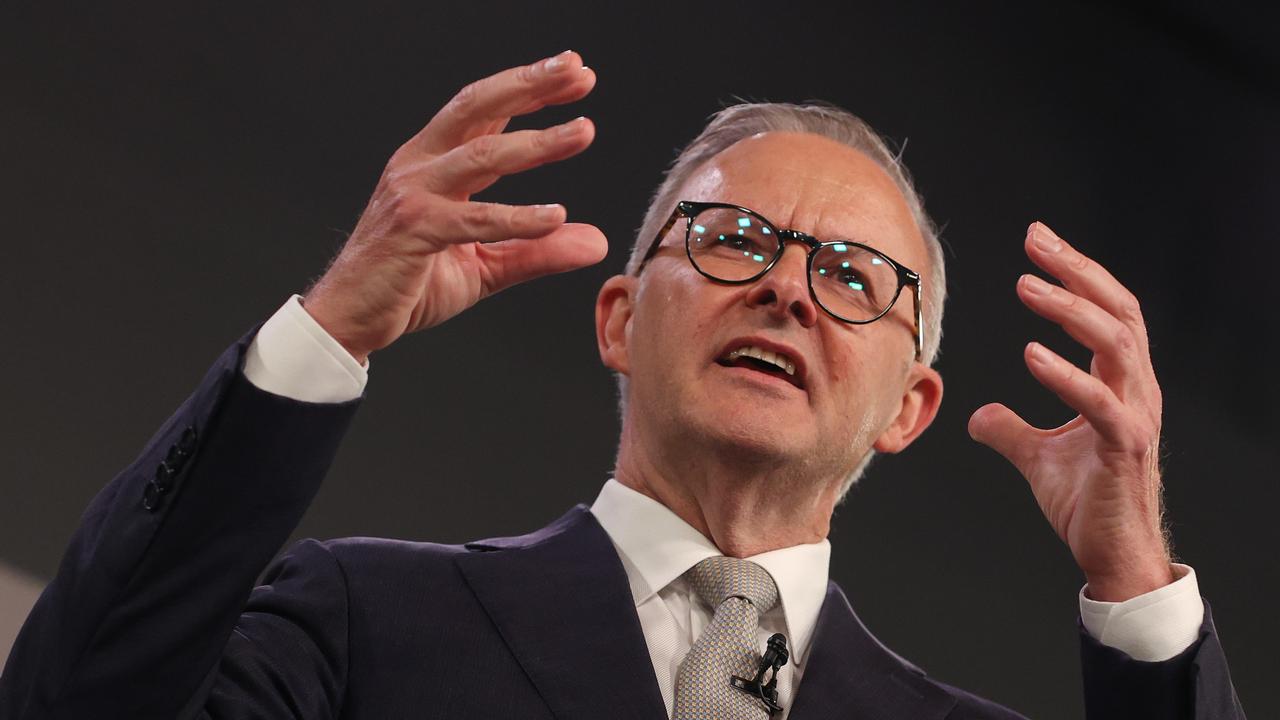
Earlier in the day, during a press conference in Adelaide, Mr Morrison explained his government’s position at some length, including his decision to send Mr Seselja to the Solomons instead of Ms Payne.
“It was very important that we communicate very clearly to the Prime Minister of the Solomon Islands what the Australian government’s position was,” he said.
“And to do that at that level (i.e. Mr Seselja’s level) made it very clear that Australia was not looking to go and stamp around, that we were going to do it constructively and respectfully.”
This confused some of the journalists present.
“So Marise Payne stamps around, but Zed Seselja doesn’t? I mean how does that even work?” asked Sky News political editor Andrew Clennell.
“One is in cabinet, one is not. You calibrate your diplomacy to deal with sensitive issues,” Mr Morrison explained.
“In the Pacific, one of the things you’ve got to be cognisant of is that there’s a long history of, frankly, countries like Australia, and even New Zealand and others, coming around and treating Pacific Islands like they should be doing what the big countries tell them to do.
“One of the things you don’t do in the Pacific is you don’t throw your weight around.
“There is a lot of pressure on other countries in the Pacific, and what they need to understand is that I’m going to work with them. I’m not going to act like former administrations that treated the Pacific like an extension of Australia.”
Solomon Islands Prime Minister Manasseh Sogavare has said his country is entering into the pact with China with its “eyes wide open”.
China says the deal will involve aiding the Solomons’ government with national security, aid for national disasters and social order.
But the exact details of the agreement remain elusive.
Speaking even earlier on Wednesday, Labor’s foreign affairs spokeswoman Penny Wong called the pact “the worst failure of Australian foreign policy in the Pacific since the end of World War II”.
“We have China now with a security agreement with a nation of the Pacific, a nation that’s just over 1600 kilometres from Cairns,” Ms Wong said.
“What this means is, on Scott Morrison’s watch, our region has become less secure, and the risks Australia faces have become much greater.”


